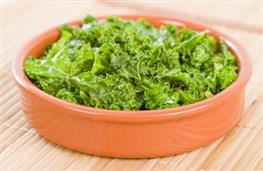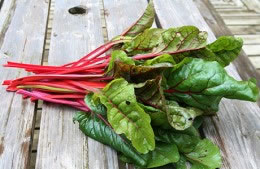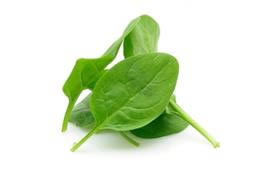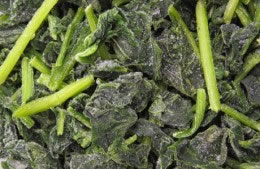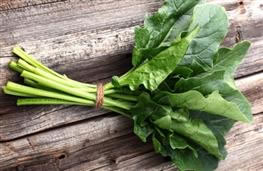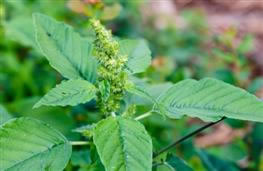Vitamin K
Health benefits of Vitamin K:
Essential for blood clotting and plays a key role in your bone health
The Worlds Science
See the bottom of this page for the ingredients highest in vitamin K
What is vitamin K
What is vitamin K
Vitamin K is a group name for a family of related compounds coming under the headings of vitamin K1 and vitamin K2.
Vitamin K is essential to stop bleeding by promoting appropriate blood clotting and is now known for its vital role in bone, artery and cell health.
Vitamin K1 is the type found in plants and is particularly high in leafy greens like spinach.
Vitamin K2 can be made from vitamin K1 using the bacteria in in your large intestine, but the contribution of this bacterial synthesis is now thought to be much less than before, pointing to a need to get preformed vitamin K2 from your diet for maximum protection. Preformed vitamin K2 can be found in fermented products such as cheese and natto.
Why does it matter to me?
How vitamin K interacts with…
The recommended daily amount is an adequate intake (AI) and is for vitamin K1. Given the reduced production of vitamin K2 from K1, we may need more than the RDA for K15 along with preformed vitamin K2 in our diets for maximum protection - see Vitamin K2
Why does it matter to me?
- Vitamin K is vital for appropriate blood clotting keeping you alive in the event of injury2.
- There are several vital proteins for our bones, arteries and cells that are dependent on vitamin K
- Long term low intakes of vitamin K put you at risk of osteoporosis, atherosclerosis and cancer3.
- In addition, there is emerging research to suggest that vitamin K may play a role in the maintenance of good prostate health4.
- There are several other proteins dependent on vitamin K and as yet we are unaware of their function - research is ongoing5.
Vitamin K research
Research is ongoing into the K vitamins with some confusion over the distinction between K1 and K2, presumably arising from the fact that intake of vitamin K1 will produce vitamin K2, and these two compounds together promote blood clotting, bone and artery health1.
How vitamin K interacts with…
The uptake of vitamin K from greens is greatly increased by eating them with a source of fat1!.
Other nutrients: A recent study has shown that diets rich in vitamin K along with lutein, beta carotene and folate may significantly reduce cognitive decline6.
We can create vitamin K2 from vitamin K1, but increasingly research suggests that this is minimal and that for optimal health we need vitamin K2 in our diets as well1.
How much do I need?
Other nutrients: A recent study has shown that diets rich in vitamin K along with lutein, beta carotene and folate may significantly reduce cognitive decline6.
We can create vitamin K2 from vitamin K1, but increasingly research suggests that this is minimal and that for optimal health we need vitamin K2 in our diets as well1.
How much do I need?
The recommended daily amount is an adequate intake (AI) and is for vitamin K1. Given the reduced production of vitamin K2 from K1, we may need more than the RDA for K15 along with preformed vitamin K2 in our diets for maximum protection - see Vitamin K2
Review date: 2/9/2022
Next review date: 2/9/2023
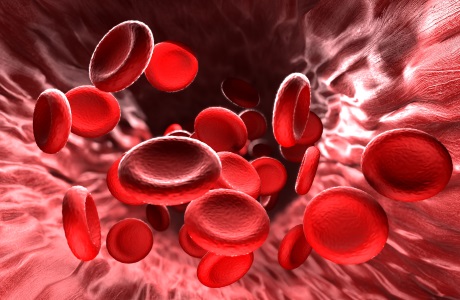
291
445
https://www.checkyourfood.com/content/blob/Micronutrients/top-foods-for-Vitamin-K.jpg
Top 6 ingredients for Vitamin K taking into account portion size and cooking retention factors
Filter ingredients by:

 About nutrients
About nutrients
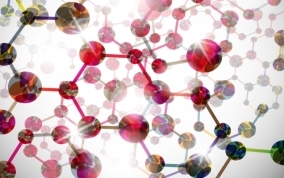 All nutrients
All nutrients
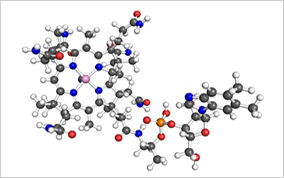 vitamins
vitamins
 minerals
minerals
 phytochemicals
phytochemicals
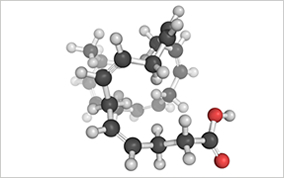 fatty acids
fatty acids
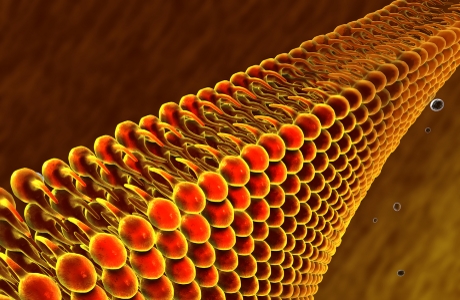 macronutrients
macronutrients
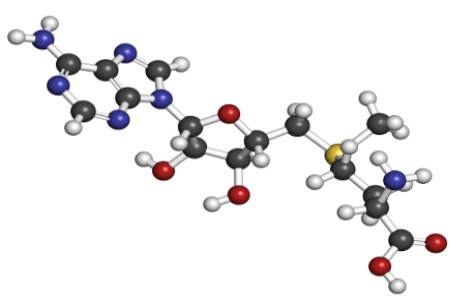 amino acids
amino acids
